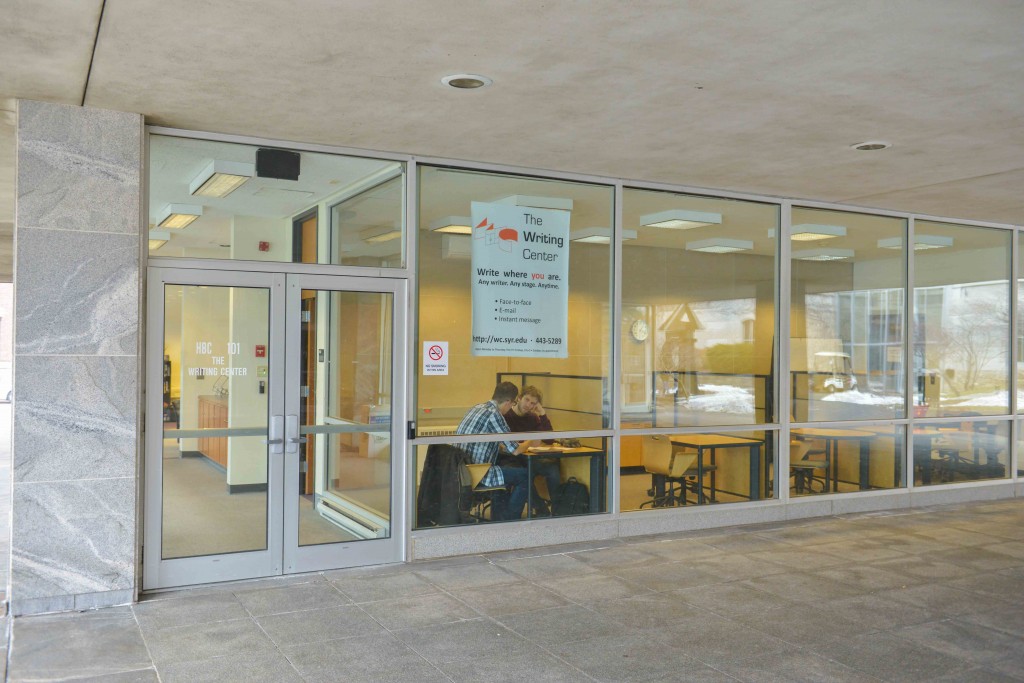Chancellor Syverud Updates Senate on University Finances, Enrollment, Leaders and Shared Governance
Good afternoon. Welcome to a new year of University Senate. This is my last “first” senate meeting of the year as chancellor. I had to miss the last Senate meeting of this past year, which I regret. I have now…




